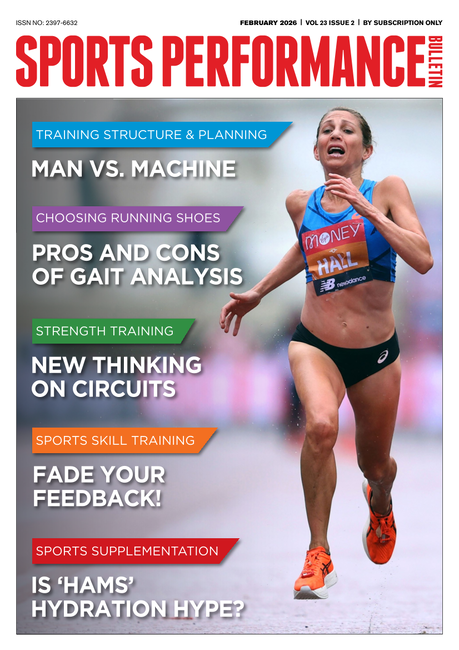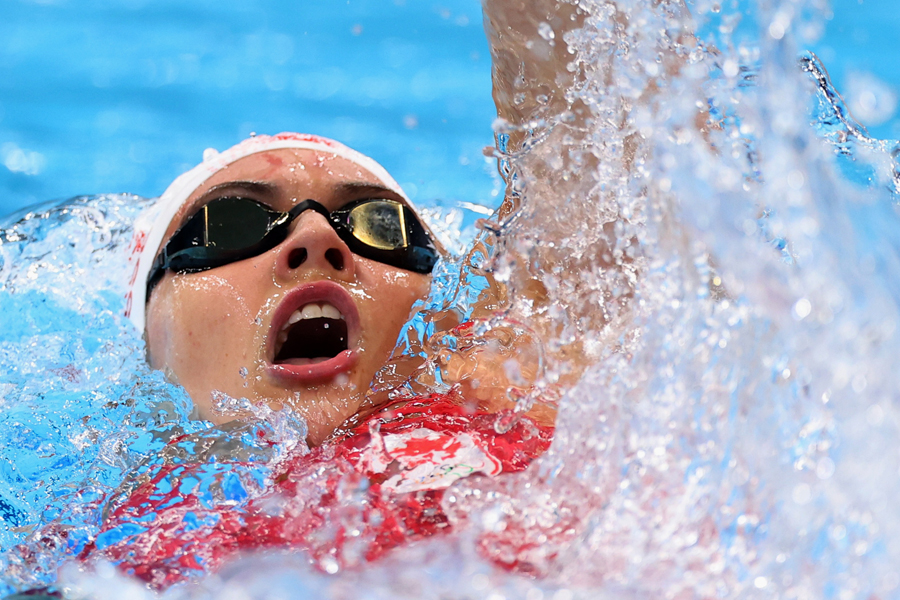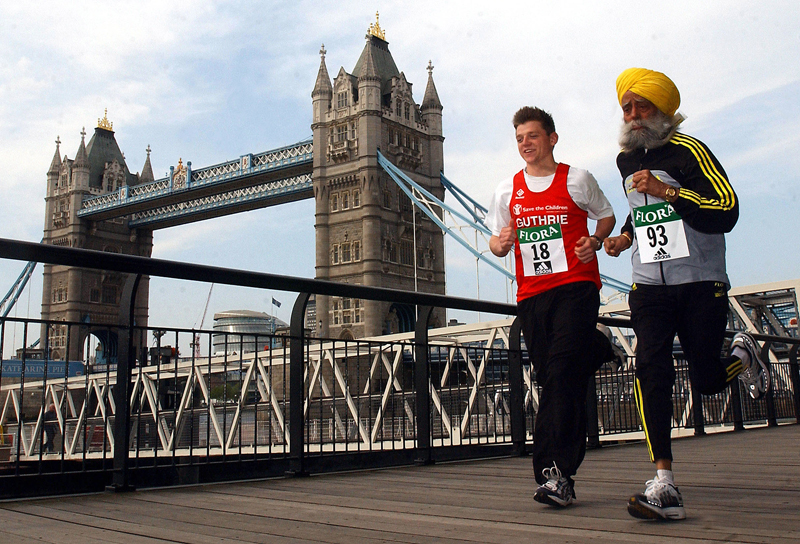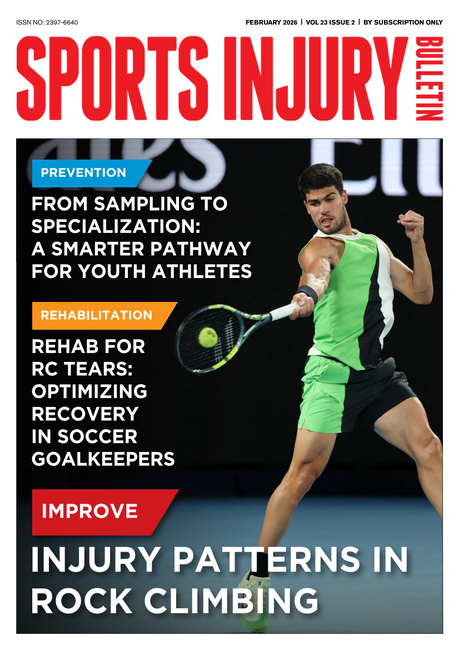Calling it a day: what next for retired athletes?
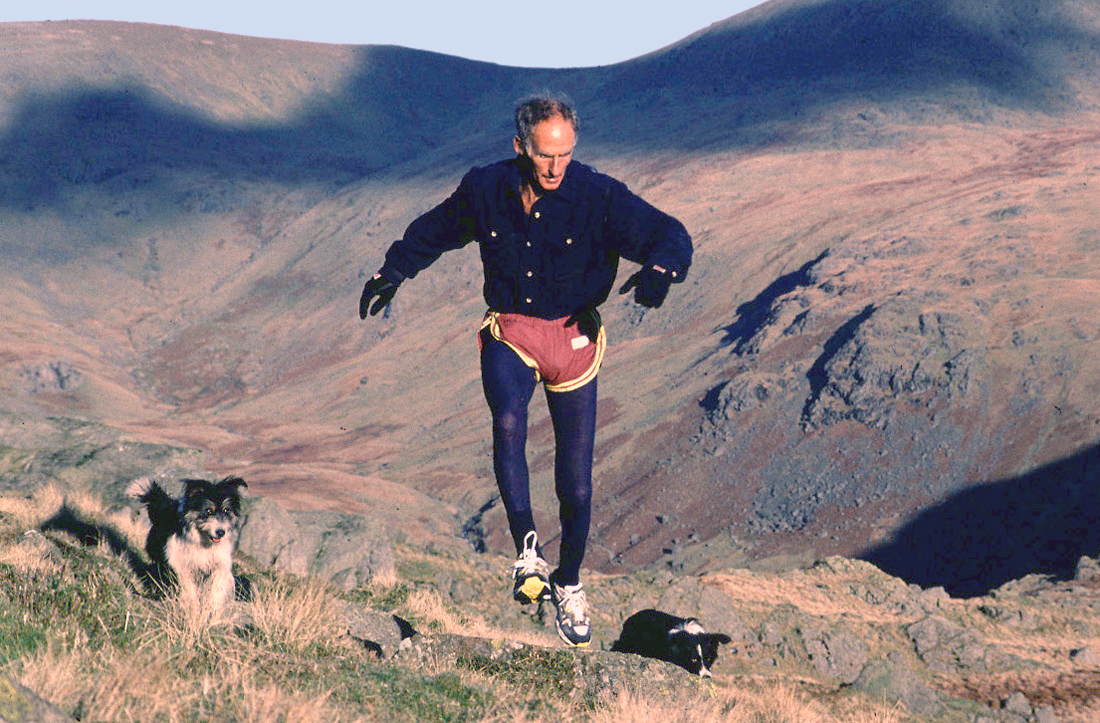
The laws of physics dictate that the passage of time is always accompanied by an increase in something called ‘entropy’. In simple terms, entropy is a measure of disorder in a system, and as time passes, disorder in a system (and indeed, in the universe as a whole) always increases. In a biological organism such as the human body, which relies on intricate and precise mechanisms to main optimum biological function, increasing disorder is definitely a bad thing. But as the years pass, increasing disorder within cells arising from accumulated DNA damage and imperfect cell replication cannot be avoided. You of course know this process as aging.
There are a number of physiological changes that take place as we age, and while lifelong top-quality nutrition and exercise can dramatically slow these changes, as each decade passes, maximum performance potential declines. [For a more detailed discussion on aging and performance, readers are directed to this article.] The upshot of these changes is that over time, endurance, strength and flexibility all decline, while aches and pains become ever more common and frequent. These unavoidable physiological changes mean that at some point, even the most committed athletes are forced to hang up their shoes and retire from competition.
Lifelong athletes and the consequences of retirement
Any big change in lifestyle, routine or habits requires mental adaptation to new circumstances(1). But while much is talked about the psychological well being of athletes in training (and the link with performance), what happens to athletes – especially those involved in lifelong training – when they hang up their shoes and retire? Although this is not a prominent topic in sports science research, a number of studies on the impact of retirement in professional athletes who were previously competing at a high level have been carried out.
In particular, research shows that retirement from sport can be psychologically distressing, particularly when it is sudden and involuntary(2). This is perhaps not surprising; it’s one thing to make a voluntary decision to retire from sport. But it’s another when circumstances force retirement on you, for example following a career-ending injury. Regardless, research also shows that whatever the circumstances of retirement, many athletes find that the transition from ‘athlete’ to ‘non-athlete’ is a difficult one, especially for athletes where sport has played a major role in their lives and helped define who they are(3).
Professional athlete retirement
Although we all have to retire from sport eventually, let’s not forget that professional athletes typically retire from sport much earlier than amateurs. This can happen because athletes feel they’ve reached their maximum potential and want to wind things down, or because injuries mean they can no longer make the team. Or even because the sponsors decide they want some new faces around! Whatever the reason, career termination in a professional athlete results in a loss of income, which means that the athlete is not only mentally unprepared, but also potentially financially unprepared for a life outside of sport(4) However, it should be said that retirement from professional sport is not always a negative experience; some retired professional athletes have reported that voluntarily leaving behind the high and ongoing physical and psychological demands of sport by retiring was actually a form of relief(5)!
Health consequences of athletic retirement
Major life events such as bereavement, moving house, divorce etc are known to have a negative impact on mental and physical health(6) so it’s not unreasonable to ask if an athlete retiring from sport (which can profoundly impact daily routines, sense of identity, social identity and friendship networks, levels of motivation and ambition) can also experience such negative impacts? According to the research, the answer to this question is most definitely ‘yes’, and very significantly so.
Studies show that for professional athletes, the transition from competitive sport to retirement can contribute to depression, anxiety, disordered eating, substance abuse, and even suicide(7). Indeed, a study on former elite male power sport athletes reported that suicide rates were 2–4 times higher for former male athletes than the general male population(8), possibly because men often identify more strongly with their athletic role than do women(9).
In addition, research into professional soccer players has demonstrated that these conditions, combined with pondering the loss of a career or lifestyle, can result in significant sleep problems(10). The issue of sleep problems and disordered sleep patterns in retired athletes is known to be a problem among retired National Football League (NFL) players, where there has been a major focus of sleep research. In retired NFL players, sleep apnoea is 2.5 times more likely to occur than in age-matched controls(11,12). Moreover, a systematic review study or retired elite athletes found that 20.9% of all former athletes studied suffered from sleep disturbances, insomnia, or generally disordered sleep patterns (all of which are known to negatively impact health)(13).
What about amateur athletes?
Nearly all of the research to date on athletic retirement and health has focussed on elite competitors who competed at an elite/international level or world class level. This means that there’s relatively little knowledge on the impact of retirement in athletes at other competition levels (eg national and highly trained athletes, competitive amateurs and recreational athletes with a long history of sport involvement).
Are non-elite athletes impacted in the same way in terms of mental health and sleep issues? And if so, how do factors such as the sex of the athlete, level of pre-retirement competition/achievement, and time elapsed since retirement affect the likelihood of health problems? We might assume that the higher the level of competition, the greater the priority placed on sport during an athlete’s career, and therefore the greater the risk of sleep and mental health problems following retirement. But is this actually true and might you be at risk following retirement?
You need to be logged in to continue reading.
Please register for limited access or take a 30-day risk-free trial of Sports Performance Bulletin to experience the full benefits of a subscription. TAKE A RISK-FREE TRIAL
TAKE A RISK-FREE TRIAL
Newsletter Sign Up
Testimonials
Dr. Alexandra Fandetti-Robin, Back & Body Chiropractic
Elspeth Cowell MSCh DpodM SRCh HCPC reg
William Hunter, Nuffield Health
Newsletter Sign Up
Coaches Testimonials
Dr. Alexandra Fandetti-Robin, Back & Body Chiropractic
Elspeth Cowell MSCh DpodM SRCh HCPC reg
William Hunter, Nuffield Health
Keep up with latest sports science research and apply it to maximize performance
Today you have the chance to join a group of athletes, and sports coaches/trainers who all have something special in common...
They use the latest research to improve performance for themselves and their clients - both athletes and sports teams - with help from global specialists in the fields of sports science, sports medicine and sports psychology.
They do this by reading Sports Performance Bulletin, an easy-to-digest but serious-minded journal dedicated to high performance sports. SPB offers a wealth of information and insight into the latest research, in an easily-accessible and understood format, along with a wealth of practical recommendations.
*includes 3 coaching manuals
Get Inspired
All the latest techniques and approaches
Sports Performance Bulletin helps dedicated endurance athletes improve their performance. Sense-checking the latest sports science research, and sourcing evidence and case studies to support findings, Sports Performance Bulletin turns proven insights into easily digestible practical advice. Supporting athletes, coaches and professionals who wish to ensure their guidance and programmes are kept right up to date and based on credible science.


